Description
Book Description
There are many algorithms for data analysis and it’s not always possible to quickly choose the best one for each case. Implementation of the algorithms takes a lot of time. With the help of Mathematica, you can quickly get a result from the use of a particular method, because this system contains almost all the known algorithms for data analysis.
If you are not a programmer but you need to analyze data, this book will show you the capabilities of Mathematica when just few strings of intelligible code help to solve huge tasks from statistical issues to pattern recognition. If you’re a programmer, with the help of this book, you will learn how to use the library of algorithms implemented in Mathematica in your programs, as well as how to write algorithm testing procedure.
With each chapter, you’ll be more immersed in the special world of Mathematica. Along with intuitive queries for data processing, we will highlight the nuances and features of this system, allowing you to build effective analysis systems.
With the help of this book, you will learn how to optimize the computations by combining your libraries with the Mathematica kernel.
Key Features
- Use the power of Mathematica to analyze data in your applications
- Discover the capabilities of data classification and pattern recognition offered by Mathematica
- Use hundreds of algorithms for time series analysis to predict the future
About the Author
Sergiy Suchok graduated in 2004 with honors from the Faculty of Cybernetics, Taras Shevchenko National University of Kyiv (Ukraine), and since then, he has a keen interest in information technology. He is currently working in the banking sector and has a PhD in Economics. Sergiy is the coauthor of more than 45 articles and has participated in more than 20 scientific and practical conferences devoted to economic and mathematical modeling.
What you will learn
- Import data from different sources to Mathematica
- Link external libraries with programs written in Mathematica
- Classify data and partition them into clusters
- Recognize faces, objects, text, and barcodes
- Use Mathematica functions for time series analysis
- Use algorithms for statistical data processing
- Predict the result based on the observations
Table of Contents
- First Steps in Data Analysis
- Broad Capabilities for Data Import
- Creating an Interface for an External Program
- Analyzing Data with the Help of Mathematica
- Discovering the Advanced Capabilities of Time Series
- Statistical Hypothesis Testing in Two Clicks
- Predicting the Dataset Behavior
- Rock-Paper-Scissors – Intelligent Processing of Datasets

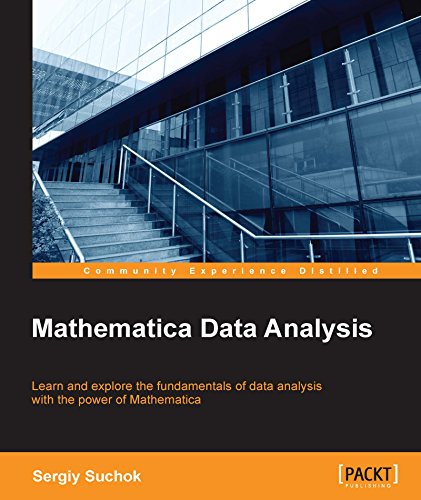
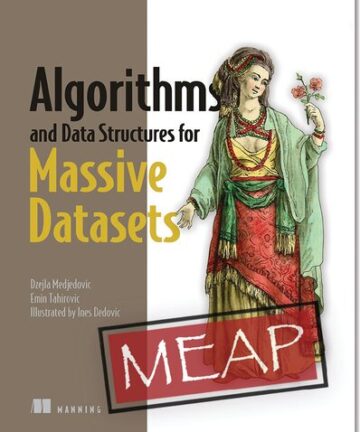
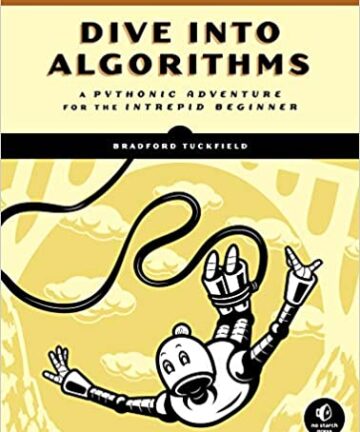
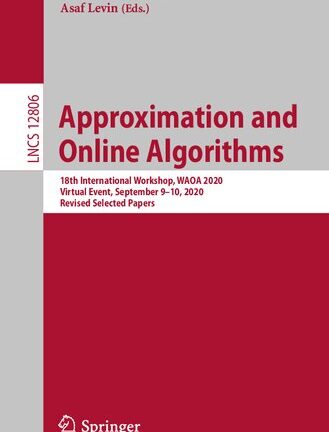
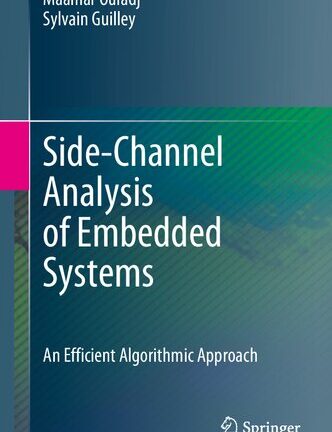
Reviews
There are no reviews yet.